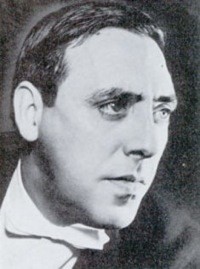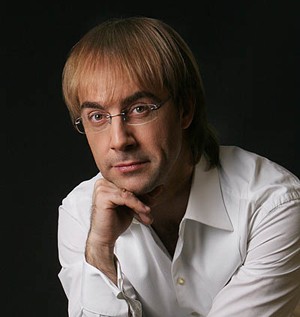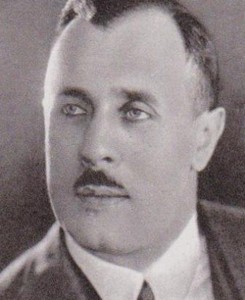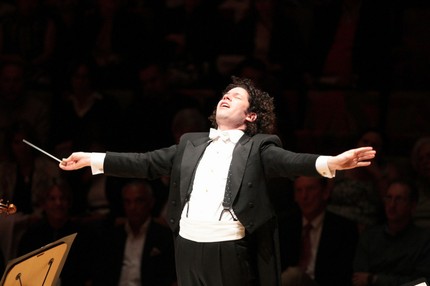
Otmar Suitner |
Otmar Suitner

The son of a Tyrolean and an Italian, Austrian by birth, Otmar Süitner continues the Viennese conducting tradition. He received his musical education first at the conservatory of his hometown of Innsbruck as a pianist, and then at the Salzburg Mozarteum, where, in addition to piano, he also studied conducting under the guidance of such a brilliant artist as Clemens Kraus. The teacher became for him a model, a standard, to which he then aspired in independent conducting activity, which began in 1942 in the provincial theater of Innsbruck. Suitener had a chance to learn Richard Strauss’s Rosenkavalier there in the presence of the author himself. In those years, however, he mainly performed as a pianist, giving concerts in a number of cities in Austria, Germany, Italy and Switzerland. But immediately after the end of the war, the artist devoted himself entirely to conducting. The young musician directs orchestras in small towns – Remscheid, Ludwigshafen (1957-1960), tours in Vienna, as well as in large centers of Germany, Italy, Greece.
All this is the prehistory of Suitener’s conducting career. But his real fame began in 1960, after the artist was invited to the German Democratic Republic. It was here, leading the wonderful musical groups, that Suitener moved into the forefront of European conductors.
Between 1960 and 1964, Süitner was at the head of the Dresden Opera and the Staatschapel Orchestra. During these years he staged many new productions, conducted dozens of concerts, made two major tours with the orchestra – to the Prague Spring (1961) and to the USSR (1963). The artist became a true favorite of the Dresden public, familiar with many leading figures in the art of conducting.
Since 1964, Otmar Süitner has been the head of Germany’s first theater – the German State Opera in the capital of the GDR – Berlin. Here his bright talent was fully revealed. New premieres, recordings on records, and at the same time new tours in the largest musical centers in Europe bring Syuitner more and more recognition. “In his person, the German State Opera found an authoritative and talented leader who gave the performances and concerts of the theater a new brilliance, brought a fresh stream to its repertoire and enriched its artistic appearance,” wrote one of the German critics.
Mozart, Wagner, Richard Strauss – this is the basis of the artist’s repertoire. His highest creative achievements are associated with the works of these composers. On the Dresden and Berlin stages he staged Don Giovanni, The Magic Flute, The Flying Dutchman, Tristan and Isolde, Lohengrin, The Rosenkavalier, Elektra, Arabella, Capriccio. Suitener has been honored regularly since 1964 to participate in the Bayreuth Festivals, where he conducted Tannhäuser, The Flying Dutchman and Der Ring des Nibelungen. If we add to this that Fidelio and The Magic Shooter, Tosca and The Bartered Bride, as well as various symphonic works, have appeared in his repertoire in recent years, then the breadth and direction of the artist’s creative interests will become clear. Critics also recognized his first appeal to a modern work as an undoubted success of the conductor: he recently staged the opera “Puntila” by P. Dessau on the stage of the German State Opera. Suitener also owns several recordings on discs of opera works with the participation of outstanding European singers – “The Abduction from the Seraglio”, “The Wedding of Figaro”, “The Barber of Seville”, “The Bartered Bride”, “Salome”.
“Suitner is still too young to consider his development to some extent complete,” wrote the German critic E. Krause in 1967. “But even now it is clear that this is a consciously modern artist who sees and embodies our time with all his creative being. In this case, there is no need to compare him with conductors of other generations when it comes to transmitting the music of the past. Here he discovers a literally analytical ear, a sense of form, intense dynamics of dramaturgy. Pose and pathos are completely alien to him. The clarity of form is plastically highlighted by him, the lines of the score are drawn with a seemingly endless scale of dynamic gradations. Soulful sound is the essential foundation of such an interpretation, which is conveyed to the orchestra by short, concise, but expressive gestures. Suitener directs, leads, directs, but truly he is never a despot at the conductor’s stand. And the sound lives on…
L. Grigoriev, J. Platek, 1969





